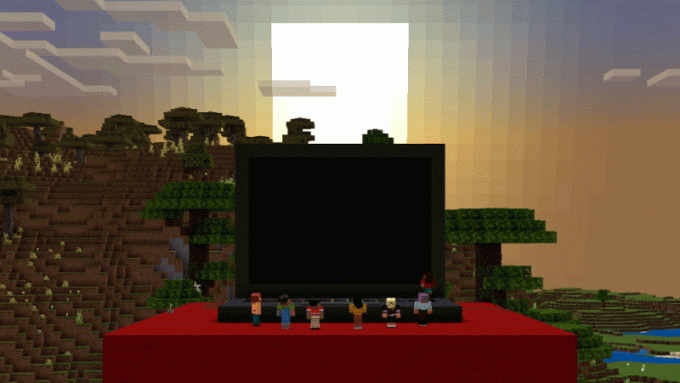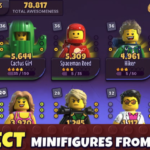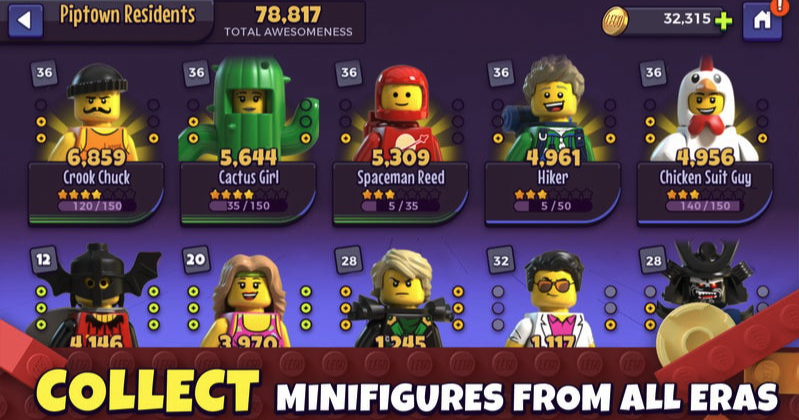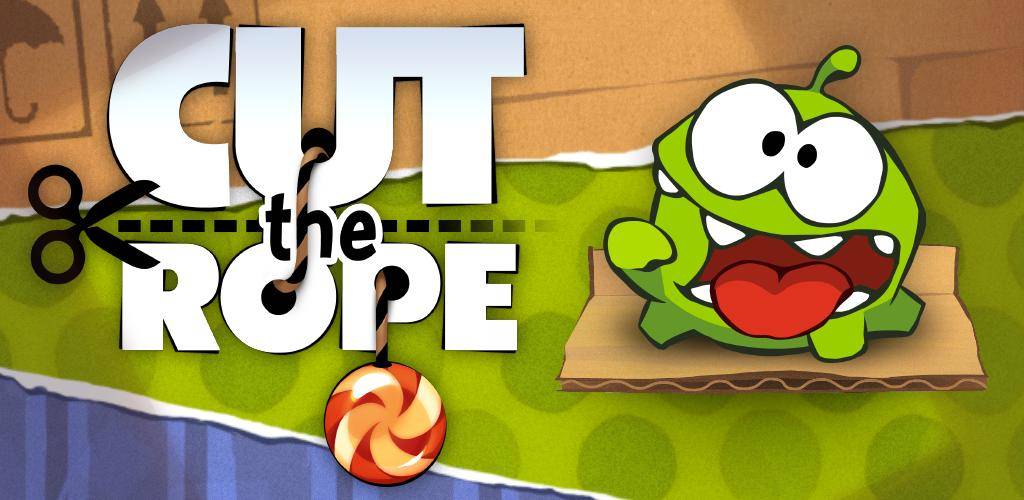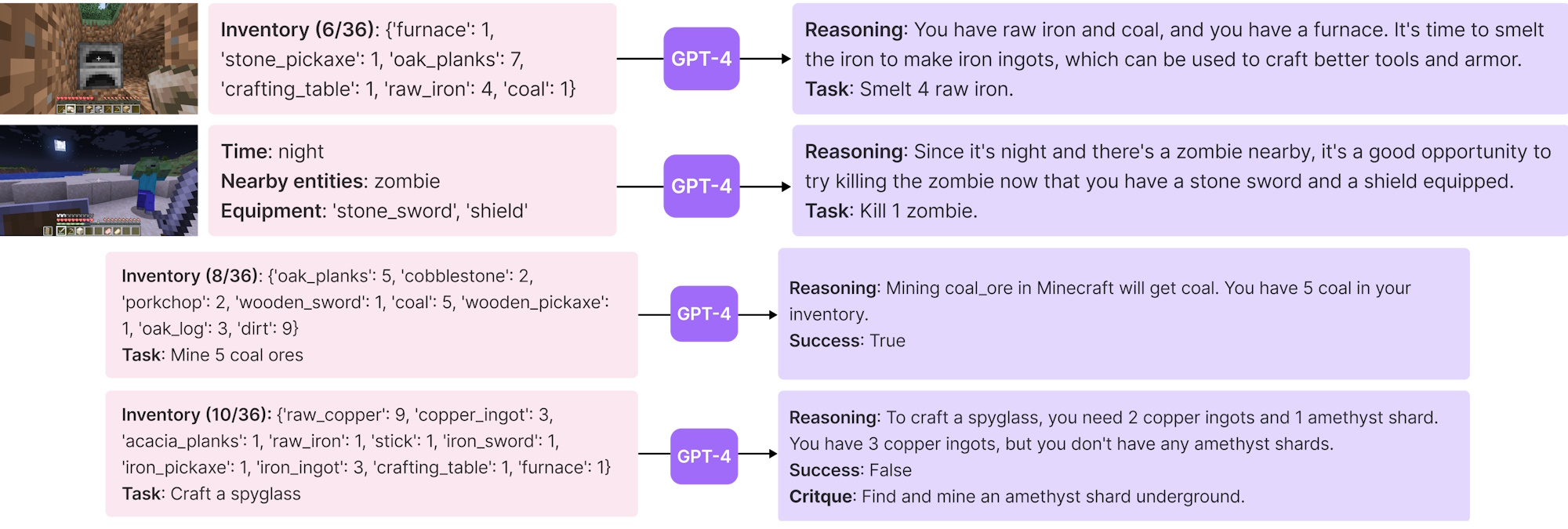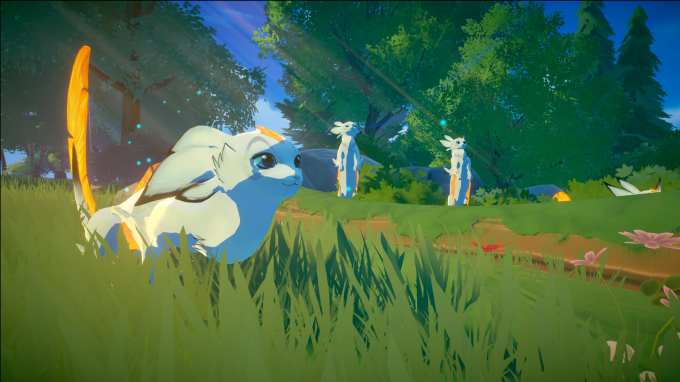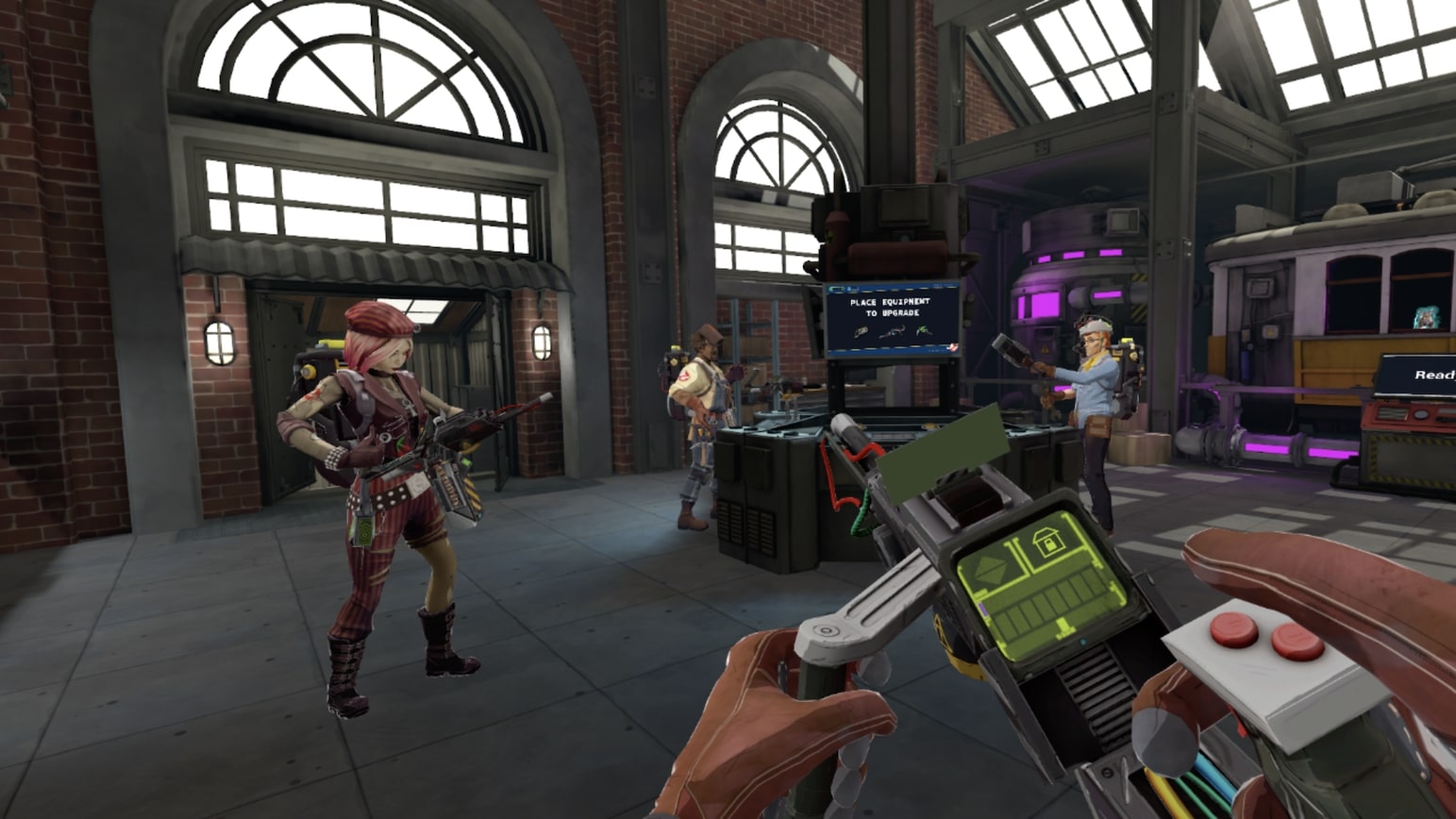The surge of interest in e-sports, online fantasy leagues and more extensive online financial infrastructure have made the concept of real-money gaming more popular among consumers and games developers. Today a startup called Triumph — which has built an engine, and accompanying SDK, to power real-money tournaments — is announcing $14.1 million in funding to continue developing its platform to work in a wider set of markets (it’s currently available in 37 U.S. states plus Washington, D.C.), and to bring on more customers.
Triumph has been in a quiet beta phase up to now, building some of its own games to test out the tech and working with early customers. So far the stats look promising, the startup said: When it’s plugged in, Triumph’s real-money engine increases playtime on average 3.6x per month, and it has led to $54 in average monthly revenues per player per game. Currently its focus is mobile games but the bigger aim is to expand to platforms like VR and more.
On the strength of those early numbers plus the enthusiasm and work thus-far from the founders, Triumph has managed to talk some impressive investors into backing it.
The funding is being announced for the first time today, but it actually covers both a $3.9 million seed round and a Series A of around $10.2 million. The latter is being led by General Catalyst, with Box Group, Heroic Ventures, Nostalgic Modern, Raven One Ventures, Steel Perlot, Strike and Valhalla Ventures also participating. Flux led the earlier round, with Great Oaks, Heroic Ventures, Raven One, Magic Fund, Kevin Hartz and others participating.

Image Credits: Triumph
Triumph got its start a couple of years ago when its two co-founders (and co-CEOs) Jacob Brooks and Jared Geller (right and left, above) were students at Stanford in the throes of COVID-19. The pair rented a house with several other friends and created an isolation pod, spending lots of healthy time indoors gaming and coding.
Some of that gaming eventually gravitated to real-money tournaments, where friends would essentially use Venmo to arrange cash wagers and pay them out. Brooks and Geller, computer science students at the university, decided to work on a game with the wagering built in.
As with so many startups that end up focusing on developer tools, the pair found that building the money feature was significantly harder than developing the game itself.
No surprise there: Financial services like payments have turned into API-integrated “fintech” precisely because of how complex it is to knit together the different parts of the payments ecosystem.
That task is even more complex with real-money, skills-based gaming. While it’s not the same as online gambling, and it’s allowed in most states, real-money gaming has additional layers of complexity due to the fact that each state has its own set of laws with which to comply around know-your-customer provisions and how to triage younger users, as well as the complexities of building pay-in and pay-out systems.
Brooks — who ended up dropping out of Stanford to build this (Geller had the credits to graduate, and did) — is very enthusiastic about what he calls the “brass tacks” of these payment systems but he is also a games enthusiast and seems to think like a player when thinking about the business potential of the product they’ve built.
“There are a lot of exciting use cases where real-money tournaments could work,” he said. “Anything with a dedicated user base could be a good fit. Right now when you play a game you are watching advertisements or being bombarded with nudges to make your player better.” This, he believes, is about making a smoother experience that could open the door to letting developers do away with all that.
The product comes in the form of an SDK that is currently free to integrate. Triumph makes its money by taking a 20% cut of tournament fees (players contribute money to the pot to play, the publisher charges a tournament fee to play).
Triumph customers, in theory, will be games publishers using this in multiple games, and they can track usage using a dashboard:

Image Credits: Triumph
Games publishers are perpetually looking to grow their user base, turning to the likes of app-install ads and other marketing to do so, and once they do have players on board, they are forever looking for ways to keep them engaged. Triumph believes that an engine to incorporate real-money tournaments has an opportunity to carve out a place in that market, which hasn’t seen much in the way of innovation.
Niko Bonatsos, managing director of General Catalyst, believes that another one of the reasons Triumph may catch on with the market is that it’s a relatively uncontested space, so far at least. Papaya Gaming, Avia Games, MPL and Skillz are among the others developing real-money services for skills-based games, but of those only Skillz offer tools for third-party developers, and those are harder to implement and are more costly to use.
It also helps that the founders are bright and full of ideas for how to make games more interesting to the average player, he said.
“More than anything, this is an investment in the two of them, and in what is a very interesting space and pretty compelling idea.” He added that they also have ideas about user acquisition and related areas that might also enter the frame at some point.
Triumph raises $14M for an SDK to add real-money tournaments into games by Ingrid Lunden originally published on TechCrunch

Powered by WPeMatico
